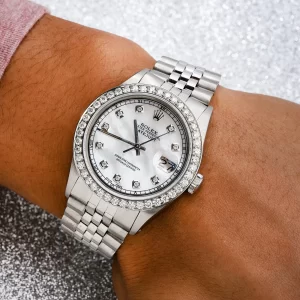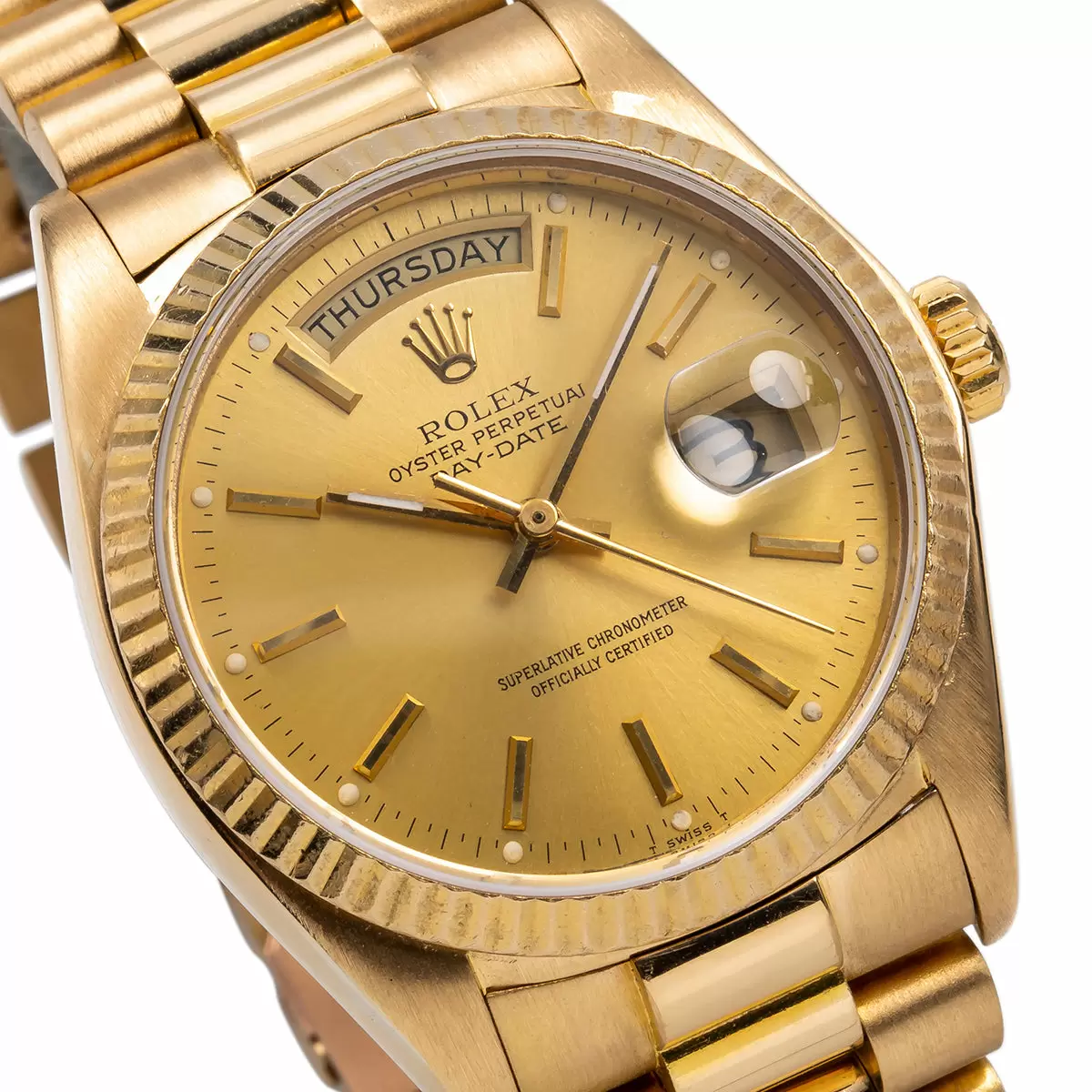Luxury watchmaking has a rich history that spans centuries, with traditional craftsmanship and meticulous attention to detail at its core. These timepieces are symbols of elegance and prestige but also a testament to the artistry and expertise of watchmakers. However, the watch industry has seen significant consolidation in recent years, with conglomerates acquiring independent fake watch brands. This trend has sparked debates about whether conglomerates are eroding the origins of luxury watchmaking. 
Several watchmaking conglomerates have emerged in the past few decades, acquiring numerous prestigious watch brands. These conglomerates aim to leverage economies of scale, marketing power, and distribution networks to enhance the market presence of the brands under their umbrella. This has led to increased consolidation in the industry, with fewer independent watchmakers remaining.
One of the concerns raised by watch enthusiasts is whether conglomerate ownership is diluting the authenticity and traditional values of swiss watchmaking. Independent watchmakers often pride themselves on their heritage, craftsmanship, and family traditions passed down through generations. With conglomerates focused on streamlining production and maximizing profits, there is a risk that the unique characteristics of individual brands may be overshadowed or compromised.
In some cases, conglomerates may implement cost-cutting measures that affect the quality of materials and production processes. This can lead to a shift away from the meticulous handcrafted techniques that have defined luxury watchmaking for centuries. As a result, some watch enthusiasts fear that the soul of watchmaking may be lost in the pursuit of mass production and standardized practices.
On the other hand, conglomerates can bring innovation and technological advancements to traditional watchmaking. Investments in research and development may lead to improved materials, precision manufacturing techniques, and enhanced functionalities in timepieces. This can attract new customers and ensure the continued relevance of luxury replica watches in a rapidly evolving market.
Maintaining their unique identity becomes crucial for luxury watch brands acquired by conglomerates. Striking a balance between preserving heritage and embracing modernity can be challenging. Conglomerates must understand the essence of each brand and respect its historical significance to ensure that the brand’s core values resonate with customers.
Conglomerate ownership can also impact consumer perception. Some consumers may associate conglomerates with mass production and commercialization, questioning the exclusivity and authenticity of cheap watches under their ownership. This could potentially affect the perceived value of these timepieces and customers’ emotional connection with the brands. The challenge lies in striking a delicate balance between modernization and preserving the heritage that makes luxury watchmaking truly special.
